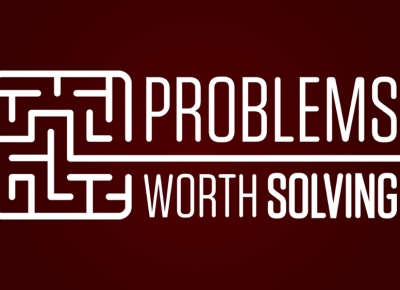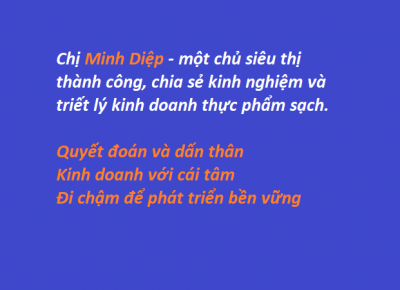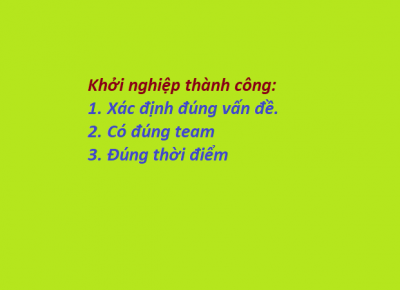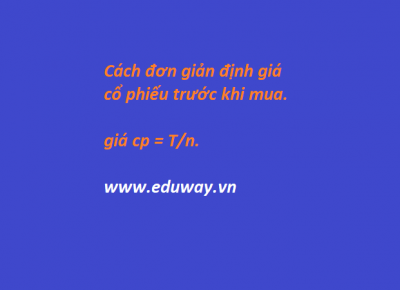MEMORY AND LEARNING
You learn a new language by studying it, but you then speak it by using your memory to retrieve the words that you have learned.
Memory is essential to all learning, because it lets you store and retrieve the information that you learn. Memory is basically nothing more than the record left by a learning process.
Thus, memory depends on learning. But learning also depends on memory, because the knowledge stored in your memory provides the framework to which you link new knowledge, by association. And the more extensive your framework of existing knowledge, the more easily you can link new knowledge to it.
Sensory memory takes the information provided by the senses and retains it accurately but very briefly. Sensory memory lasts such a short time (from a few hundred milliseconds to one or two seconds) that it is often considered part of the process of perception. Nevertheless, it represents an essential step for storing information in short-term memory.
Short-term memory temporarily records the succession of events in our lives. It may register a face that we see in the street, or a telephone number that we overhear someone giving out, but this information will quickly disappear forever unless we make a conscious effort to retain it. Short-term memory has a storage capacity of only about seven items and lasts only a few dozen seconds. Just as sensory memory is a necessary step for short-term memory, short-term memory is a necessary step toward the next stage of retention, long-term memory.
Long-term memory not only stores all the significant events that mark our lives, it lets us retain the meanings of words and the physical skills that we have learned. Its capacity seems unlimited, and it can last days, months, years, or even an entire lifetime! But it is far from infallible. It sometimes distorts the facts, and it tends to become less reliable as we age.
Reference
https://thebrain.mcgill.ca/flash/d/d_07/d_07_p/d_07_p_tra/d_07_p_tra.html
https://www.pnas.org/content/97/23/12403









